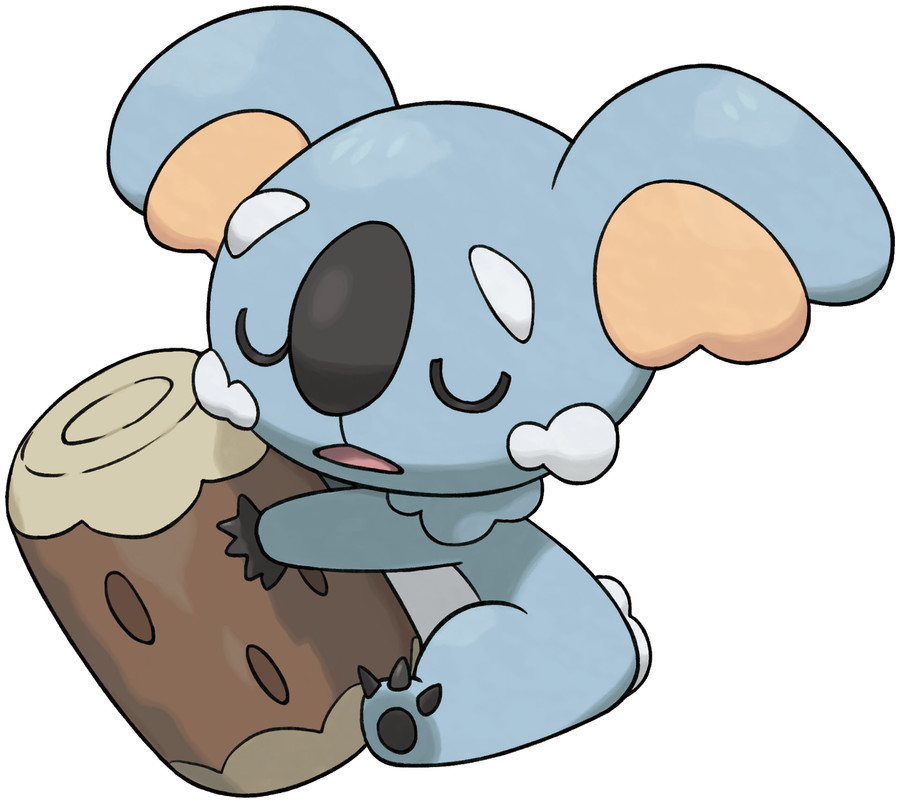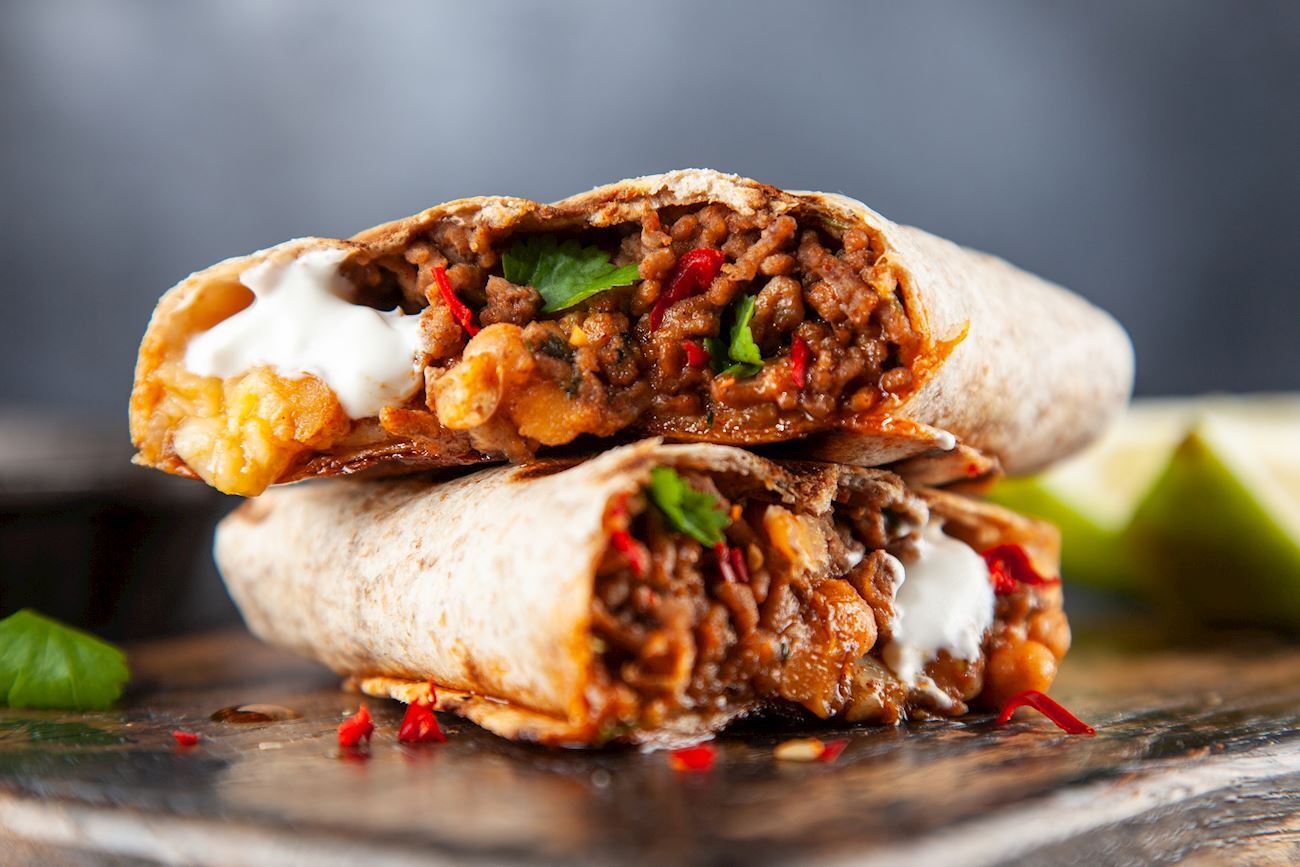Is it “Camel-uh” or “Cam-ahl-uh”?
Comma-la (as she tells us to pronounce it), or even Com’la (as it is traditionally pronounced)
Thank you for this. I’ve heard her name mispronounced so often that I genuinely thought kah-MALL-uh was correct. Whoops! Comma-la it is!
Happy to help!
Oh, I shoulda linked to a first-hand source where she herself wrote “comma-la” as the pronunciation (no particular accent on syllables). It is in her book, and also towards the bottom of this piece has that excerpts from her book: https://abcnews.go.com/Politics/book-excerpt-kamala-harris-truths-hold/story?id=60234101
kah-MALL-uh
The right mispronounces it that way intentionally.
As I’ve heard. Now we know better than to perpetuate it!
Commala? As in the pokemon Komala?

So it really is Komala Harris vs Trumpshoos

Isn’t the Pokemon’s name pronounced like coma + koala? Coma and comma are different.
🤷I’ve been pronouncing it as Ko-Ma-La without the emphasise of ow. I appreciate this post though, i’ve seen so many asian name being butchered by english speaking country it become annoying.
Ko-Ma-La without the emphasise of ow.
I’m not sure I follow. Coma would probably be “ko-ma”, like I’d suggested, whereas comma is something like “cah-ma”…but I’m not sure where the “ow” comes in
“Comma-la” unfortunately doesn’t help much for people without US accents lol (though of course people in the US are who the question and answer are most relevant to). On first reading – without the accent or something close to it – it implies “kom-uh-luh”, whereas with the accent it implies something more like “kah-muh-luh”, just based on how people pronounce “comma” differently.
It’s funny because the way you spelt it sounds like the first “don’t” of the video you linked. Americans in general seem to make a point of pronouncing things their way rather than how they should be. I don’t think it’s racism as much as it is laziness.
their way rather than how they should be.
Every language has different sounds. It has long been understood that languages will translate words/names into versions they can actually hear and pronounce. Sadly, some people mock or demean people who try to speak a non-native language and make errors in it. In the U.S. it used to be fairly common to mock Asians coming from a language with only one liquid consonant sound for their inability to differentiate between ‘r’ and ‘l’ sounds.
I know I can’t hear the difference in various Russian language vowels and while I can hear tones, I don’t know how I’d explain their pronunciation in an Anglicized name – or if it would be relevant.
While I appreciate that regional accents mean that non-U.S. citizens might not say “comma” the way it is heard in the U.S., I do expect that if a U.S. citizen tells me to pronounce their own name in a U.S. manner, then that is how it “should be” pronounced.
sorry are you saying people should pronounce their own names in ways they don’t prefer to be “correct”? Also etc etc language guides are descriptive not prescriptive.
Obama, Obamala, 'bamala, Kamala
Whoa Black Betty, 'bamala
That’s one of the cleverest pronunciation guides I’ve ever seen.
Thanks Obamala.
Oh shit here come the conspiracy theories now…
Guise. Guise. They’re both black… Dons tinfoil hat
Tomorrow on Alex Jones’ podcast: Kamala Harris is actually Barrack Obama in drag. It’s all part of his nefarious plan to subverting term limits and force Healthcare on everyone.
RW people: “Wait a min…”
…Fee-fi fo-mala, Kah-malllah! 🎵
Pres·i·dent /ˈprezəˌdent/
Eth·nic·Clean·ser /Ð-nik klėnzr/
Removed by mod
Your father smelt of elderberries
Block’d
😱🤣
Genocidaire.
I think it’s pronounced “Madam President”
So say we all.
Was wondering earlier, why not just President? Why add the “madam”?
As opposed to “Mr President” which seems common enough
It’s just a slightly more formal sounding title. This answer on stackexchange goes through some of the history on why alternatives aren’t used.
However she pronounces it.
Right right right
and that would be … ?
Oh, I found the video on her Youtube channel literally addressing this question back in 2016:
Comma-luh
and that would be … ?
…the correct pronunciation.
Did you read the rest of my post? You can’t say “correctly pronounce it”, and then not give instruction. That doesn’t help anyone.
If the video specifically made to teach you how to pronounce her name didn’t help, what makes you think I can?
Your original post tells us to pronounce it the way she says it, but doesn’t actually show us how she says it.
How did you expect us to pronounce it correctly if we haven’t heard her say it?
Your original post tells us to pronounce it the way she says it, but doesn’t actually show us how she says it.
Because I’m not her. You figured it out and found a video on your own, you clearly didn’t need me. Why would I know better than her how to pronounce it?
How did you expect us to pronounce it correctly if we haven’t heard her say it?
I didn’t. I presumed that if someone cared enough, they would find an appropriate video; that presumption was proven correct. But I never expected anyone to do anything, certainly not to get so incredibly butt-hurt by mild sarcasm.
You didn’t link to that video.
I never said I did.
You referred to it retroactively.
KAH-muh-luh HAER-is
Kamala (/ˈkɑːmələ/) Harris (/ˈhærɪs/)
Comma-la
Harris
srsly
“Kamala”
Fun fact.
In Finnish “kamala” means “awful”.
We are gonna have endless dad jokes with this one.
She does have the truly AWFUL job of being a women of color that our nation is depending on to beat one of the worst once elected, twice impeached former presidents.
In British English, Trump means (1) the sound an elephant makes or (2) a fart, particularly a noisy one. If you trump your own horn it means you’re boastful and think of yourself higher than other people do.
President Trump = President Fart.
Still funny after all these years, despite the looming fascism.
Karma-la… But drop the ‘r’
The Indian (Sanskrit) name is pronounced ka-ma-laa (meaning lotus), with no stress, and no gap in between the syllables. The first two 'a’s are pronounced like the ‘u’ in rum, while the last is the same sound but longer (so like the ‘a’ in calm).
The US Presidential candidate’s name is pronounced the way she likes, which in this case is closer to ko-ma-laa.
Every word has stress. You probably mean the first phoneme is stressed. And the “rum” sound you’re looking for is called the “schwa”
Not in classical Sanskrit. Vedic Sanskrit had pitch accent, which had been lost by the classical Sanskrit era. English has stress accent. But many languages do not have stress accent, and either have pitch accent or syllables are not accented at all.
Every word has stress.
In most Indian languages, most words are unstressed. There is a distinction between long and short syllables, but that comes from vowel length, not stress. A few words (like him-AA-la-ya) do have stress, but this is the exception and usually happens due to conjugation.
You probably mean the first phoneme is stressed.
No, kamala is unstressed.
And the “rum” sound you’re looking for is called the “schwa”
Yes.
/kəmələ/ is how it is said. Those weird gyphs are IPA symbols, not sure if they’re part of any European languages that uses Latin as their alphabet.
The issue with English is that it is a non-phonetic language. In English, ‘a’ can sound either like æ, eɪ, ɑː, ɔː, etc (refer IPA). The specific ‘a’ sound in Kamala has a name, by the way - it is called schwa (ə).
I’m pretty sure a French or a German wouldn’t butcher this name, as their alphabets are pretty consistent in phonetic pronunciation - they just map fine with Indian languages, like take for example, Hindi - ‘a’ -> अ, ‘i’ -> इ, ‘e’ -> ए, ‘o’ -> ओ, etc.
In Devanagari, it is written as कमला (ka + ma + laa), which is the feminine form of कमल (ka + ma + la). In Hindi, every varnmala by default has a short ‘a’ - adding a ा turns this into a longer ‘aa’ sound (क् + अ -> क (ka), क् + आ -> का (kaa)).
Yes, I know that Kamala is probably half-Dravidian (Tamil, or Telugu, I think), but it really doesn’t matter a lot - sure, there’s some differences between Indo-Aryan and Dravidian languages, one of which being the schwa deletion, but apart from that, most letters are almost similar in function.
It’s 'cause we took the letters from Latin, which actually had 5 vowels, and applied it to a Germanic language which, in my dialect, has 17.
We also standardised the spelling in patches hundreds of years ago, and never updated it, but that’s a sort of separate issue.
I think it’s pronounced Kah-muh-lah
deleted by creator
,-la
Cum Allah
Edit: Jeez, I was just trying to help pronounce it
Careful that’s how we got the floods that one time…




















